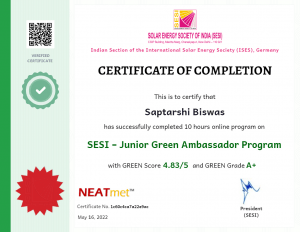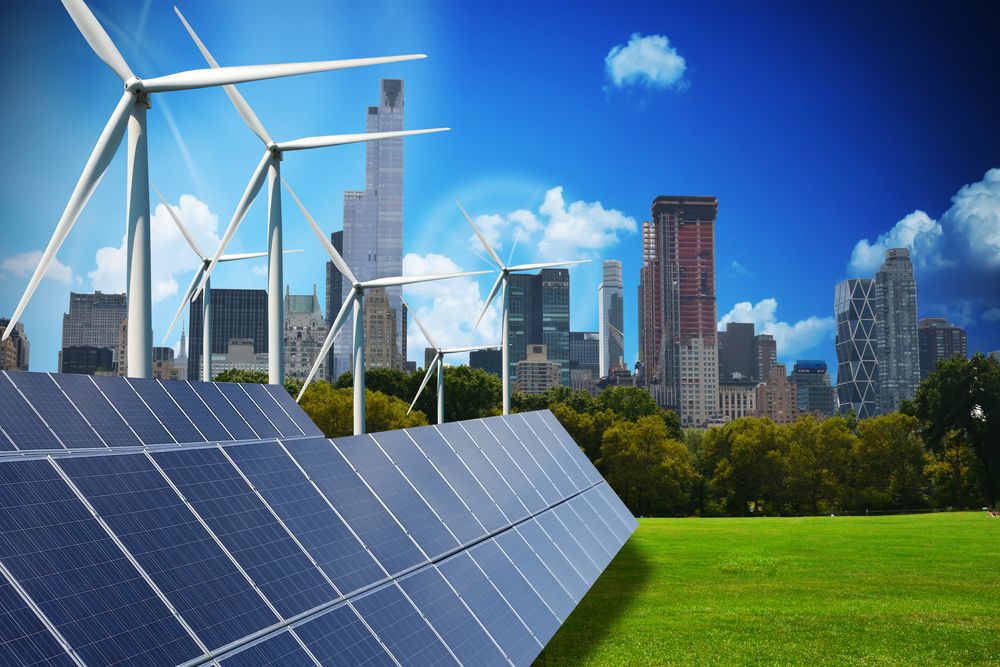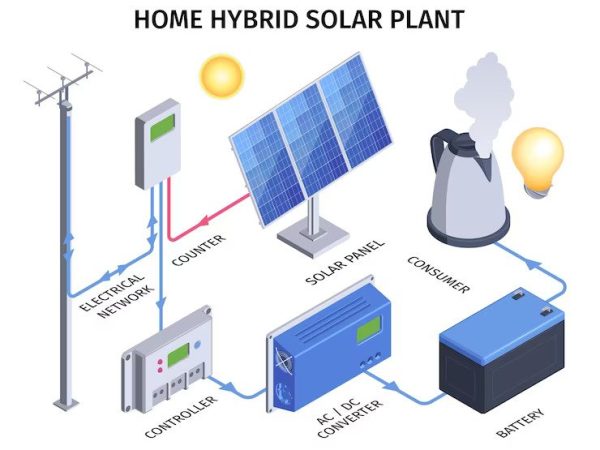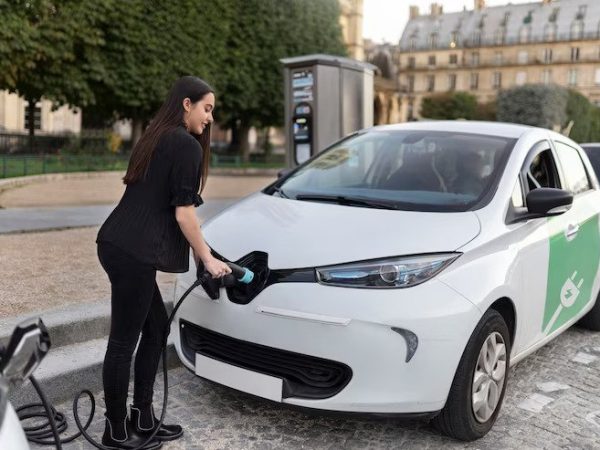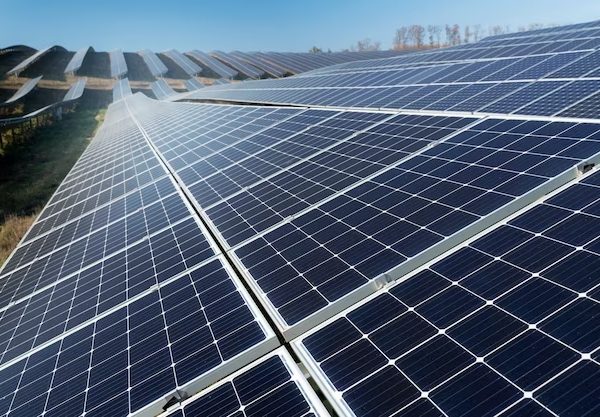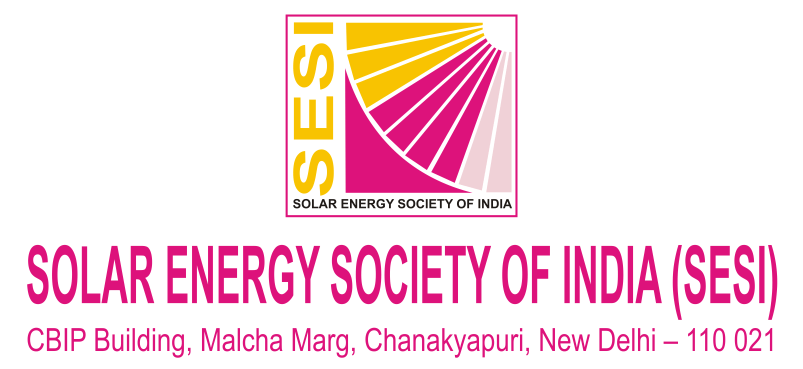
Junior Green Ambassador Program
For School level Students from class IX to XII
Exclusively at ₹200/- ₹100/- only !
Senior Green Ambassador Program
For College & University level Students (Diploma, Under Graduate, Graduate & Post Graduate)
Exclusively at ₹300/- ₹150/- only !
Flagship initiative to participate in sustainable development and
realize the dream of "One World, One Sun, One Grid"
Interactive Courseware
Videos & Text Content
Flexible Timing
Device Friendly
Certificate of Completion
Green Ambassador Certification
An interactive Modular Courseware (10 hrs duration), available online with chapter wise interactive lessons (videos, texts, referral links etc.), chapter wise Tests (MCQ type with multiple attempts allowed), Q&A forums etc. focusing on various aspects of Renewable energy sources and its applications for the participants.
On successful completion of the same, the enrolled participants will be certified as “Green Ambassador” by The Solar Energy Society of India (SESI).
The GREEN Score and GREEN Grade (under GPA scale of 5) will be provided in the certificate, which can be downloaded after successful completion of the Courseware.
From the Participants
Raj Kishore Rout
Bhabesh Pradhan
Sushil Kumar Sethy
Venkaiah Chowdary Borra
Kamaksha Prasad Sahu
Nilay Sarkar
Amarkant Toppo
Soumya Ranjan Pradhan
Hemantkumar Gandhi
VISHNURAJ K
VIJAYKUMAR VISHWANATH
PARAMESWARAN RADHIKA
SAURABH TEWARI
DEEPTHI BONTA
SUNIL RISHI
JAYESH JHA
ROHIT CHOODANATH
MAMTA LAD
ASHOK KUMAR
MOHAMMAD ADIL
ASIF HUSSAIN
BHAVESH MAKWANA
PRABHA T
PRAFUL SOLANKI
SANTOSH TATKE
NANDAPPA SAJJAN
JITU DUTTA
SWATI KAMBLE
Solar
Wind
Hydroelectric
Geothermal
Biomass
Bio fuel
Tidal
Ocean Waves
Topics Covered
Basic Details and Applications
Conventional Sources of Energy
Non-Conventional Sources of Energy
Renewable Energy | Definition
Different types of Renewable Energy Sources
TEST - 1
Oil
Natural Gas
Liquified Natural Gas
Nuclear
Water
Hydro Power
TEST - 2
Solar Power Generation
Solar Photovoltaic Cells
Solar Inverters
The world’s largest Solar Power Plant
The world’s largest floating Solar Power Plant
Solar Thermal Energy
Inventions for the future of Solar Energy
TEST - 3
Wind Turbines
Wind Energy | Indian Scenario
TEST - 4
Bio Fuel Generation & Uses
How rotting vegetables make Electricity
Biogas Plant
TEST - 5
TEST - 6
TEST - 7
Electrical Grid
Electricity Storage
Energy Measurement
Energy Efficiency
TEST - 8
Greenhouse Effect
Ozone Depletion
Climate Change
Save our Planet
TEST - 9
Basic & Advanced Details and Applications
Conventional Sources of Energy
Non-Conventional Sources of Energy
Renewable Energy | Definition
Different types of Renewable Energy Sources
TEST - 1
Oil
Natural Gas
Liquified Natural Gas
Nuclear
Water
Hydro Power
Hydel Power | Working Principle
Largest Hydroelectric Power Plant
Advantages and Disadvantages of Conventional Energy
TEST - 2
Solar Power Generation
Solar Power for Electricity
Solar Photovoltaic Cells
Grid Connected PV Systems
Solar Arrays Construction and Mounting
Solar Inverters
The world’s largest Solar Power Plant
The world’s largest floating Solar Power Plant
Solar Thermal Energy
Inventions for the future of Solar Energy
Advantages and Disadvantages of Solar Energy
TEST - 3
Wind Turbines
Wind Energy | Indian Scenario
Advantages and Disadvantages of Wind Energy
TEST - 4
Fundamental Forms of Biomass Energy
Global Scenario
Indian Scenario
Bioenergy Conversion Technologies
Bio Fuel
Bio Fuel Conversion Process
Bio Fuel Generation & Uses
How rotting vegetables make Electricity
Biogas Plant
Advantages and Disadvantages of Bio-energy
TEST - 5
Origin of Geothermal Energy
Applications of Geothermal Energy
Geothermal Energy Resources
Method of Heat Extraction
Advantages and Disadvantages of Geothermal Energy
TEST - 6
Tidal Energy | Working Principle
Advantages and Disadvantages of Tidal Energy
TEST - 7
Electrical Network
Electrical Grid
Electrical Power Generation
Electrical Power Transmission
Electrical Power Distribution
Electricity Energy Storage
Energy Measurement
Energy Efficiency
TEST - 8
Greenhouse Effect
Ozone Depletion
Climate Change
Save our Planet
TEST - 9
How to Get Started ?
Login / Register
Add to Cart
Checkout
Make Payment
Goto Dashboard
Access My Courses
Articles
- October 20, 2023
The Path to a Greener Future: Unlocking the Secrets of Sustainable Development
Solar Energy Society of India (SESI)
The Solar Energy Society of India (SESI), established in 1978, having its Secretariat in New Delhi, is the Indian Section of the International Solar Energy Society (ISES). Its interests cover all aspects of renewable energy, including characteristics, effects and methods of use, and it provides a common ground to all those concerned with the nature and utilization of this renewable non-polluting resource.
The Society is interdisciplinary in nature, with most of the leading energy researchers and manufacturers of renewable energy systems and devices of the country as its members. High academic attainments are not a prerequisite for membership and any person engaged in research, development or utilization of renewable energy or in fields related to renewable energy and interested in the promotion of renewable energy utilization can become a member of the society.
The major activities of SESI are:
(a) Publication of SESI Journal, a bi-annual technical journal containing papers on renewable energy utilization, technical notes and other items of interest of those involved in renewable energy research and development.
(b) Organization of the International Congress on Renewable Energy once in a year, where numerous scientific and technical papers are presented and discussed.
(c) Publication of the proceedings of the Annual Convention.
Solar Energy Society of India
2nd Floor, Central Board of Irrigation and Power (CBIP)
Malcha Marg, Chanakyapuri, New Delhi – 110021
Mobile: +91 9355155772, E-mail: info@sesi.in
Frequently Asked Questions
Participants can reset their passwords by using the unique link sent to their registered emails as well.
Kindly check your device, browser and internet connection to play the videos and make sure you get a hassle-free testing experience.
Step 1: Login using your credential (registered email ID & password).
Step 2: Click on “View” button under Course Dashboard.
Step 3: From the left-hand side panel click on the “Enrolled Courses” option.
Step 4: Click your respective course.
Step 5: Right hand side under the course Progress there is a “View Certificate” option, click on it to view your certificate.
Step 6: After viewing your certificate, you may now download it by clicking on the download option on the right-hand side.
All kind of online payment process is available. i.e Credit/Debit card, Internet banking, UPI, e-wallet etc.

